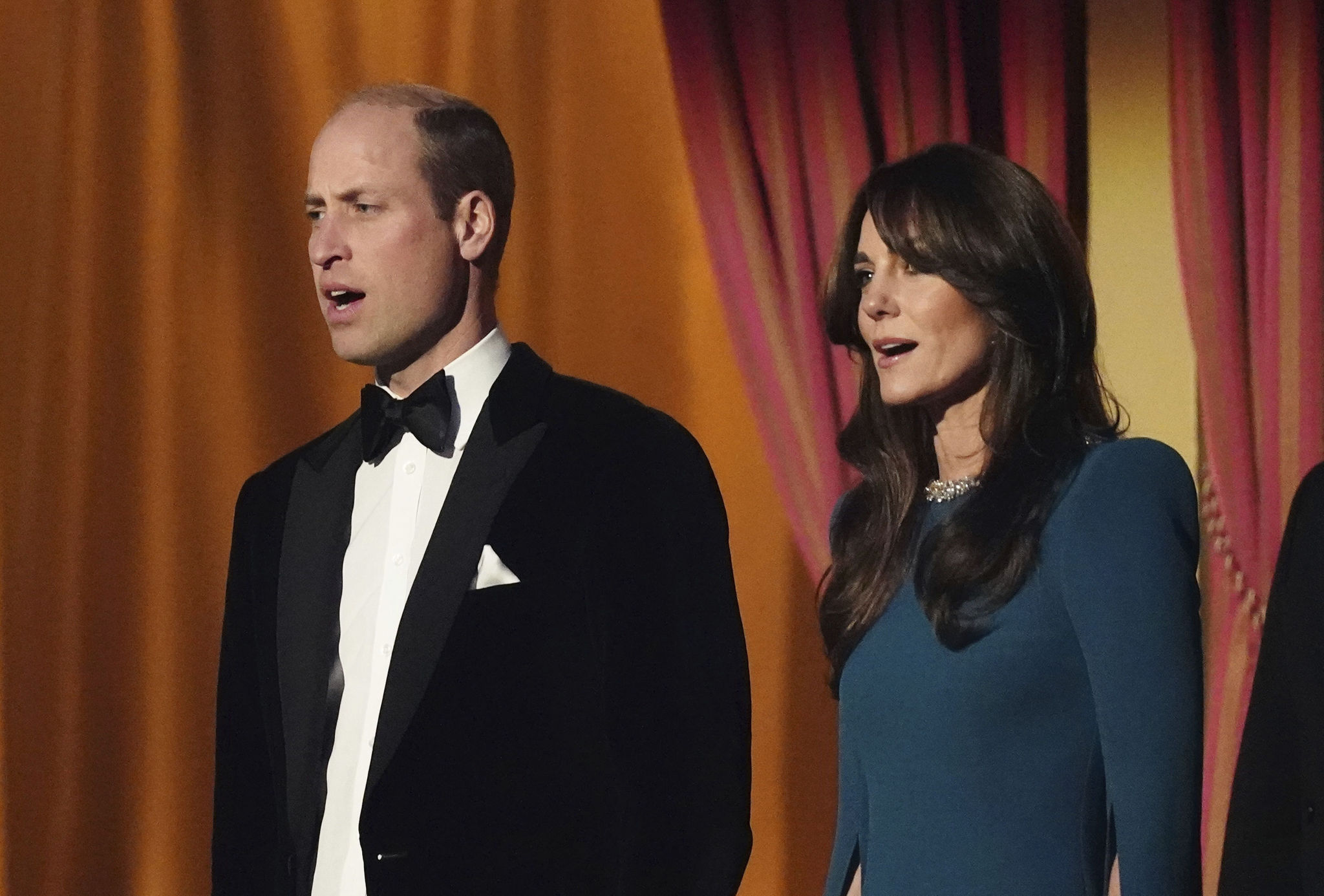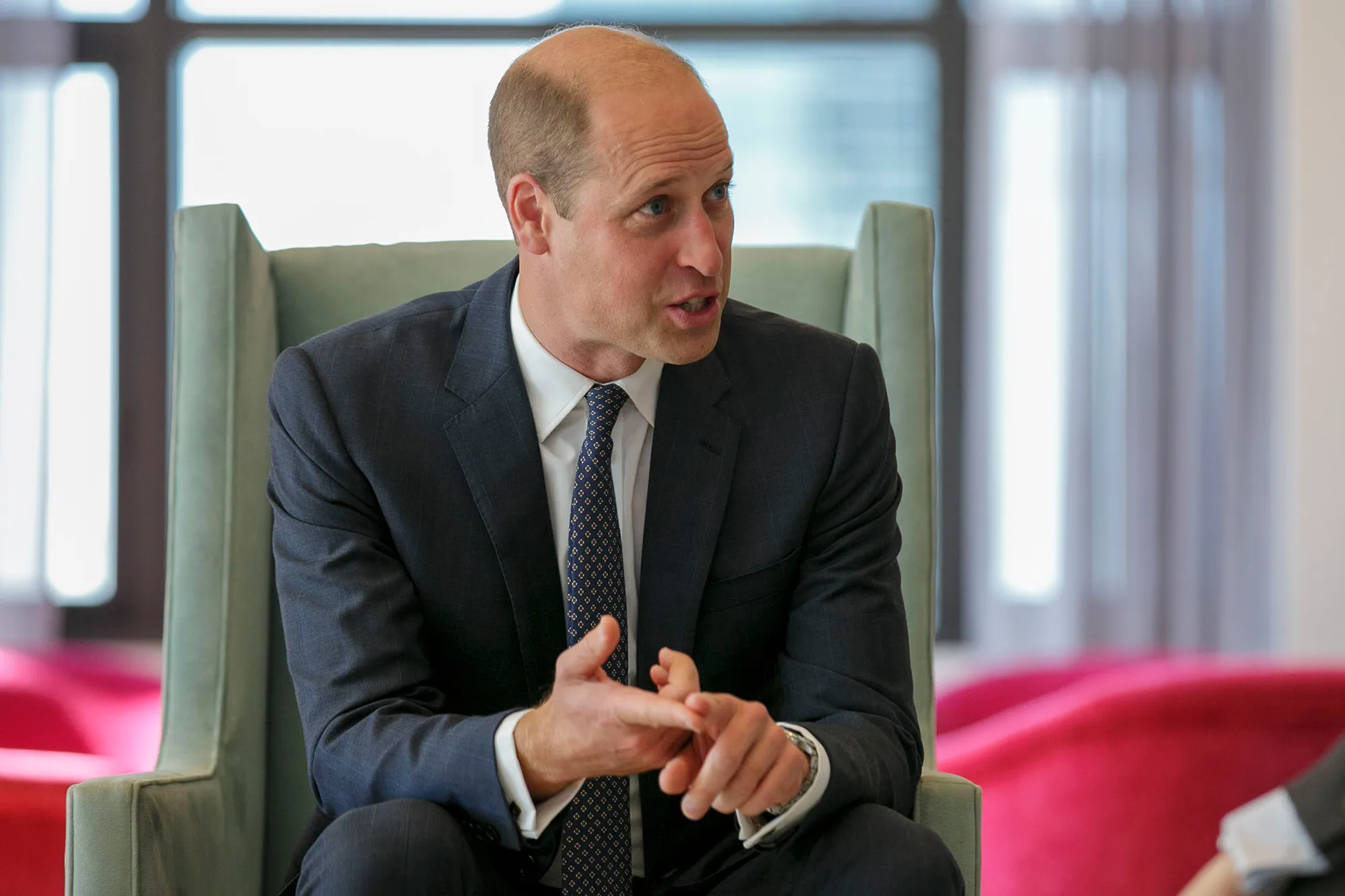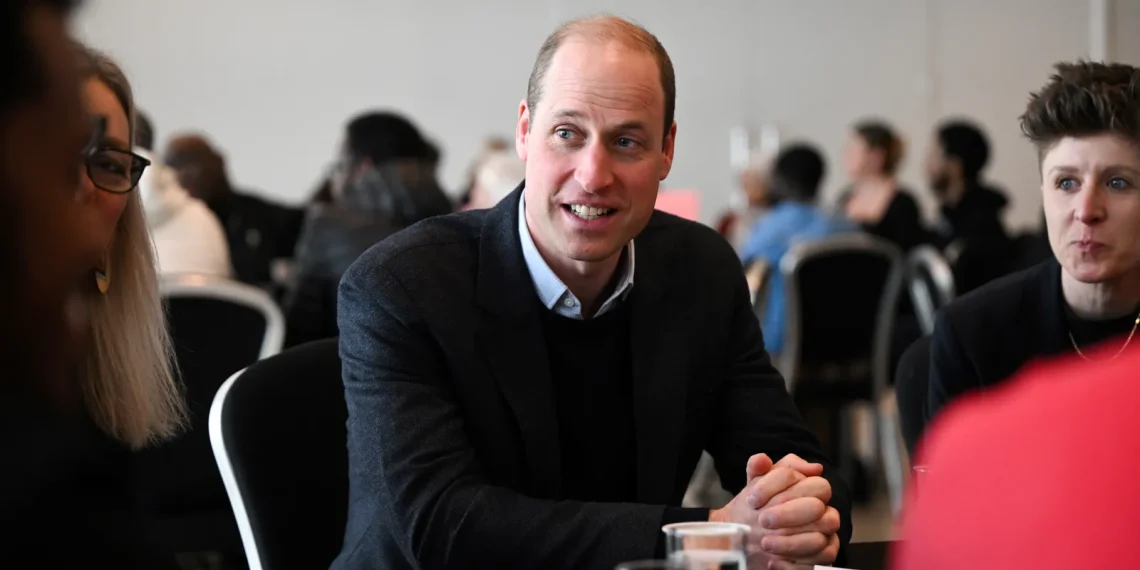Amid the absence of his father, King Charles, and his wife, Kate, who are both undergoing treatment for cancer, Prince William finds himself under heightened media scrutiny.
As the heir to the throne and the son of Princess Diana, William is no stranger to the spotlight, but recent circumstances have intensified public interest in his future role within the monarchy.
The absence of King Charles and Kate has shifted attention to William, who now faces increased responsibility and attention from both the media and the public.

Despite past controversies and family challenges, William has been praised for his modern approach to royal duties and his advocacy for important causes such as the environment and mental health.
With his father and wife unavailable for public duties, William’s leadership preparation has become a focal point of media coverage.
Royal biographers and commentators speculate on William’s ability to confidently assume future monarchy leadership, citing his gradual assumption of more royal duties and his willingness to speak out on global issues.

The absence of King Charles and Kate underscores the importance of William’s role within the royal family and his potential future as king.
While the monarchy traditionally maintains a non-political stance, William’s willingness to engage with pressing issues such as the environment and international conflicts signals a modernization of the royal institution.
His ability to balance tradition with modernity and his commitment to important causes are key factors in shaping public perception of his leadership potential.





